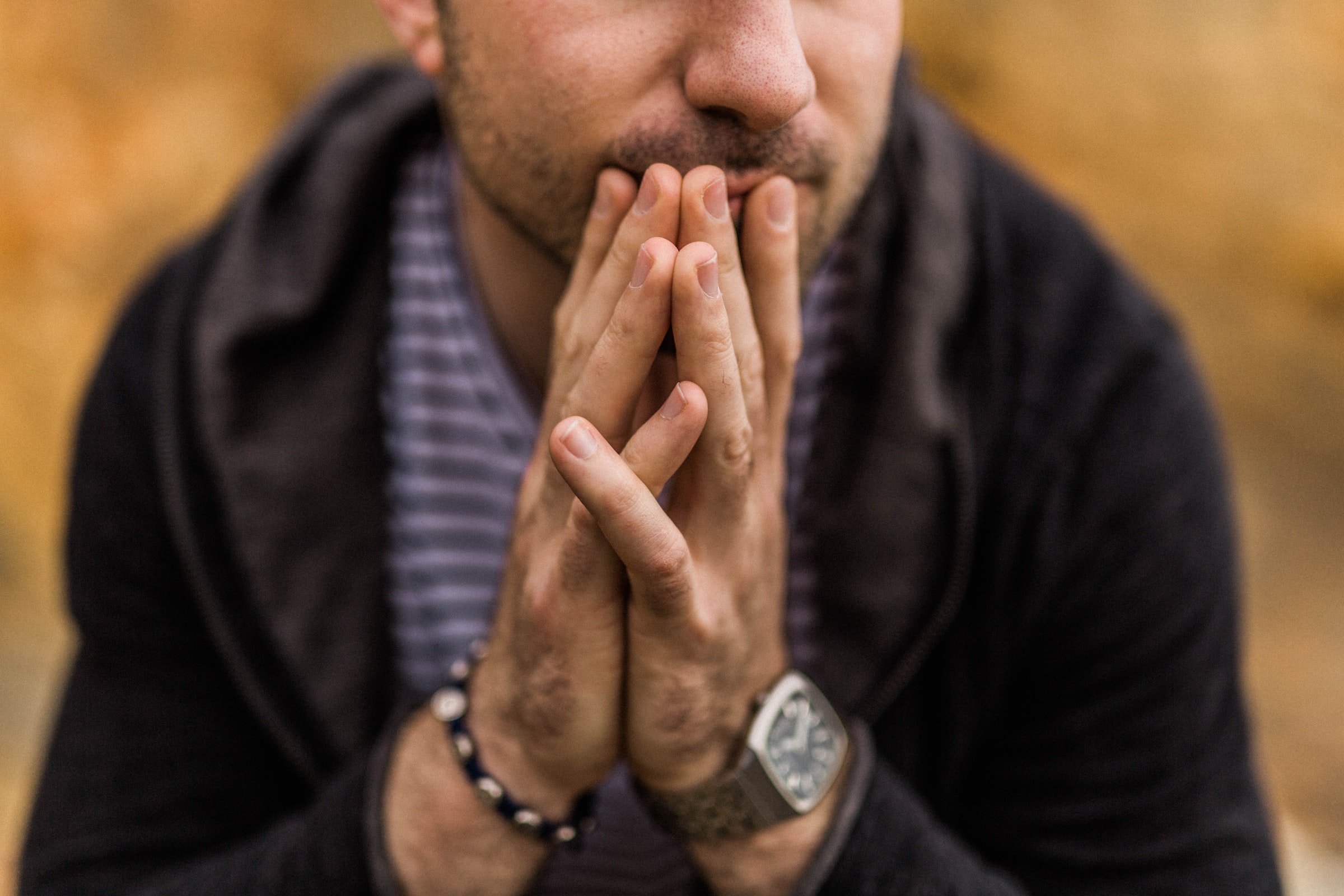How to Understand and Deal with Uncertainty

September 06 2022
What is uncertainty?
Feeling in control of our future and all the decisions that come along with it can make us feel safe and secure. But what happens when we don’t have all the answers? Uncertainty creeps into our lives when we least expect it. However, not being able to answer all of life’s questions and being okay with it is part of the journey and managing life’s outcomes.
Uncertainty can affect us physically and emotionally. When we aren’t sure about the future, we have missing pieces of the puzzle, which can affect us in different ways. This can lead to feelings of nervousness or give us butterflies in our stomachs. Over time when this feeling accumulates, uncertainty can develop into an overwhelming feeling of anxiety that replaces the sense of safety and security that we are expected to have.
Chief Clinical Officer, Ben Locke, Ph.D. discusses how our brain responds to uncertainty.
The brain prepares you for uncertainty by:
- Keeping you active
- Refocusing your energy on present matters
- Having an optimistic outlook
During uncertain times our brain is set up to help us get through doubts and fear by reminding us to focus on our habitual routines. Having a familiar schedule can bring stability and contentment back to our lives.
What does uncertainty feel like?
We all feel and face uncertainty differently, and that’s natural. We all experience uncertainty in our own way and may have different reactions to different events. While we may be excited about that concert coming up and wonder what songs the band will sing, we may feel nervous and anxious about what questions will be on the upcoming exam. Whoever we are, feeling uncertain is normal. Typically, when we place future expectations on the outcome, this can heighten the amount of present anxiety we feel.
Ben Locke, Ph.D. explains the connection between uncertainty and anxiety.
Feeling uncertain can look like:
- I feel like I won’t succeed if I don’t push myself
- I don’t want to talk to others because I might compare myself
- I replay situations over and over again in my head
Anxiety about the future can make us feel like we are not ourselves. This innate feeling of nervousness can be scary, but it doesn’t have to be. Remember that in our proudest moments we tend to overlook the uncertainties it took for us to get there. Whether it be landing that job interview or starting a new business, we faced life-changing decisions that made our experience more meaningful.
Uncertainty can be exciting if you think:
- I am able to grow by stepping out of my comfort zone
- I can do anything I put my mind to
- My success is my own journey
- I focus on my opportunities
Uncertainty can make us feel alone and like we must face life’s obstacles by ourselves. But really, focusing on the future can be a collaborative process. We can learn to experience uncertain events together by sharing how we feel when we don’t know the answers. Collectively, we can channel the excitement of taking on new challenges.
What can we do to manage our uncertainty?
In working our way through uncertainty, we realize that most of life does remain outside of our control. This means uncertainty is unavoidable, but we can change how we think about it. Even down to the little things, uncertainty is bound to happen. Think about the choices you make every day, such as all the types of music you listen to. When trying out a new genre of music, you were uncertain if the songs would tickle your musical senses…until you gave it a try. Clicking on the song for the first time, we may be wary and cautious of the choice we are making. One way we can digest this song is to first look at the title, then move on to the intro, next start humming along to the catchy rhythm of the chorus, and before we even know it, the song gets added to a playlist. Taking these uncertainties one step at a time creates certainty that gives us back the feeling of control.
Ben Locke, Ph.D. discusses how to manage uncertainty.
How can Togetherall help with uncertainty?
It can be helpful to know that if we’re struggling with uncertainty, others may also have similar experiences. Relating to others about our experiences with uncertainty can allow us to get validation on our thoughts, feelings, and even advice.
Ben Locke, Ph.D. discusses how the Togetherall community can help with uncertainty.
Togetherall gives you access to a global peer community letting you know that you are never alone. In this community, you can embrace different walks of life but can find relief through the shared experiences that come with uncertainty. In the case that you are dealing with social expectations in the workplace, academic setting, or home life, peer support encourages you to rewrite the narrative of the outcome.
When it comes to supporting the community, Togetherall can help members manage mental health as an intentional day-to-day, week-to-week effort to not only help each other but to help themselves seek help early. Together members provide a comfortable way to check in, ask questions, and get answers before a routine concern accumulates into a more serious difficulty or crisis.
To read more health and wellbeing articles, head to our Support Articles page.





